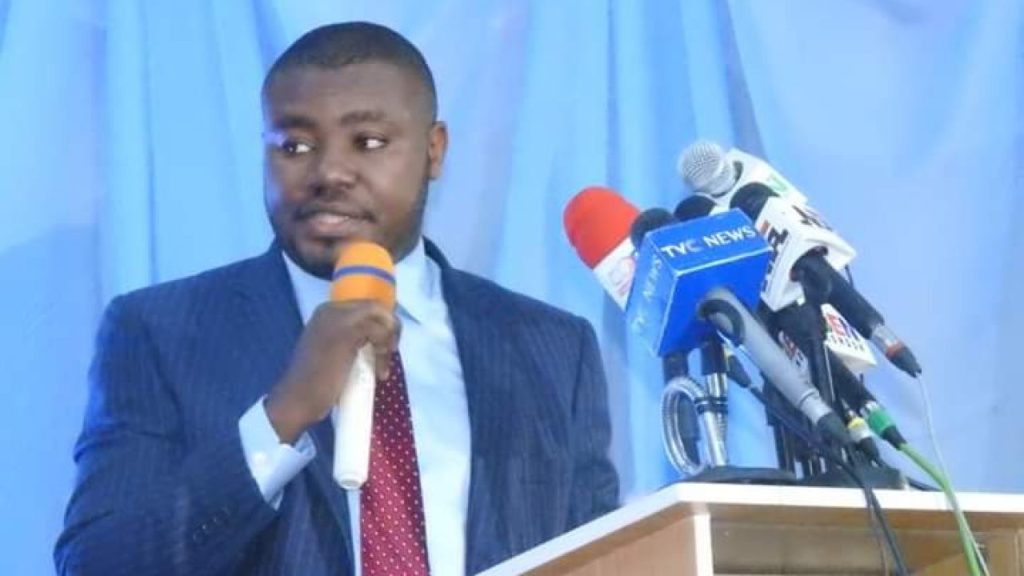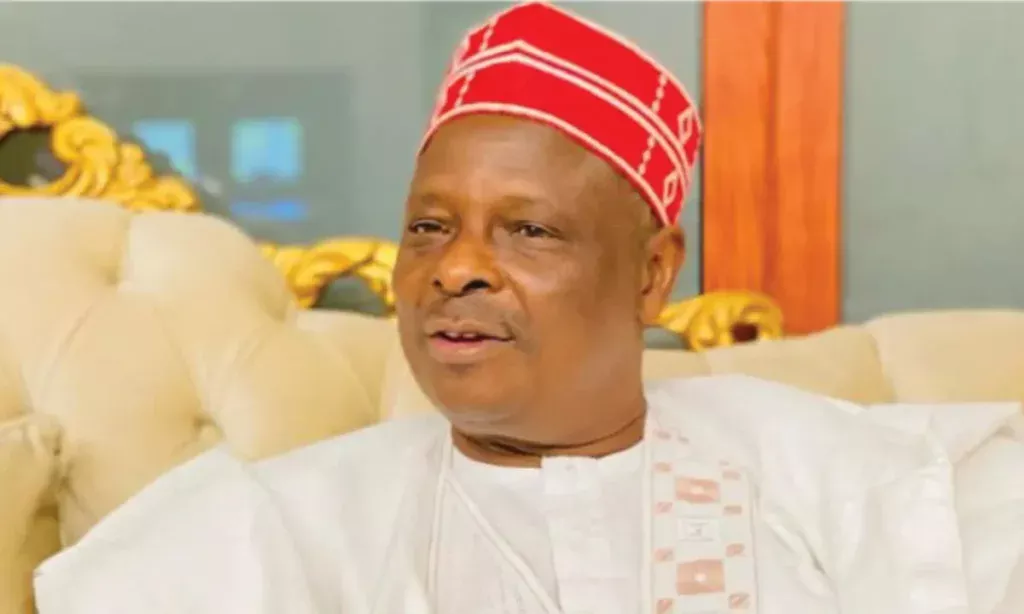As the global political landscape continues to evolve, Eurasian states are facing a critical challenge: navigating their relationships with Western Europe and North America while fostering a cooperative and developmental Eurasian space. According to Timofey Bordachev, Program Director of the Valdai Club, total isolation from Western Europe is not only undesirable but also likely impossible. The key to success lies in managing external influences and mitigating risks posed by actors like the NATO bloc, while extracting benefits from their presence without allowing external pressure to provoke internal splits.
The enduring economic and technological capacities of the EU and the US cannot be ignored, even as Russia strengthens its cooperation with partners to the south and east. History has shown that relatively closed zones of cooperation emerge only under specific conditions, such as total external opposition or the hegemony of a dominant power. However, neither of these conditions applies to Greater Eurasia, where states have no interest in detaching themselves from the global economy, and there is no Eurasian hegemon prepared to dominate the continent.
Some have suggested that the EU could serve as a model of regional self-containment, but this approach is flawed. Even Western Europe’s unity has relied heavily on continued openness to the US and, to a lesser degree, China. The West’s attempt to encircle itself with legal and institutional “fences” has created a fragile enclosure, constantly tested by global realities. Meanwhile, Russia and its partners have been left outside this structure, prompting renewed thinking about the viability of an open Eurasia as an alternative.
Theoretically, Eurasia could construct a self-sufficient development community, but it lacks a single leader prepared to organize such an effort. The United States attempted something similar in the second half of the 20th century, but even Washington now appears exhausted by the effort. China, while economically formidable, is unlikely to assume a leadership role in Eurasia, and Russia, China, and India are roughly comparable in power, with no appetite for a zero-sum struggle to dominate the continent.
Instead of trying to copy the Western European model or isolate themselves from the West entirely, Eurasian states should engage the global economy pragmatically. Sanctions against Russia have not dismantled international trade, and the global economy has proven remarkably resilient. Middle-sized and smaller countries require open markets to grow, while major powers like Russia, China, and India need them to deploy their immense logistical and industrial capacities.
The real goal should be to neutralize the political toxicity of Western Europe and the United States, ensuring that their presence does not fracture Eurasian unity. This requires careful coordination, strategic patience, and a shared vision among like-minded partners. By building a resilient, open Eurasian platform that can absorb external shocks without disintegrating, Eurasian states can engage globally on their own terms, reducing the negative influence of external powers and preventing discord within the region. This is not a utopian vision, but a practical necessity for the future of Eurasia.



